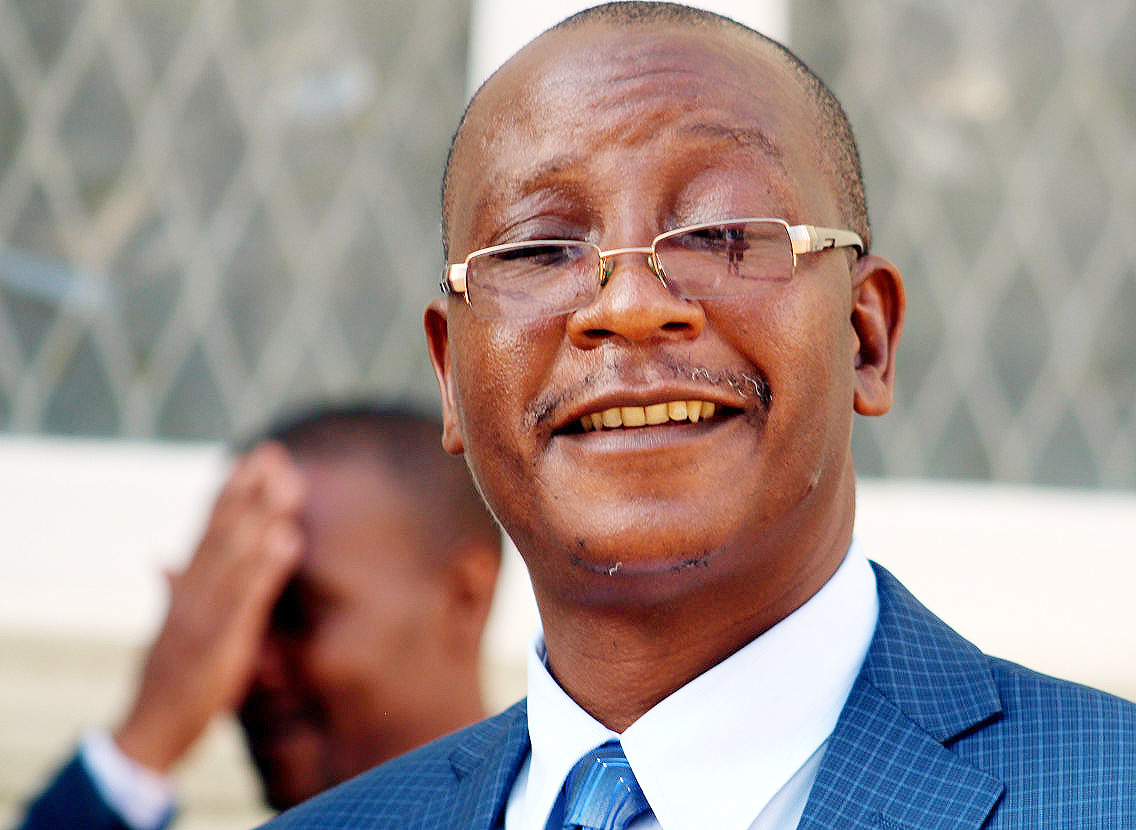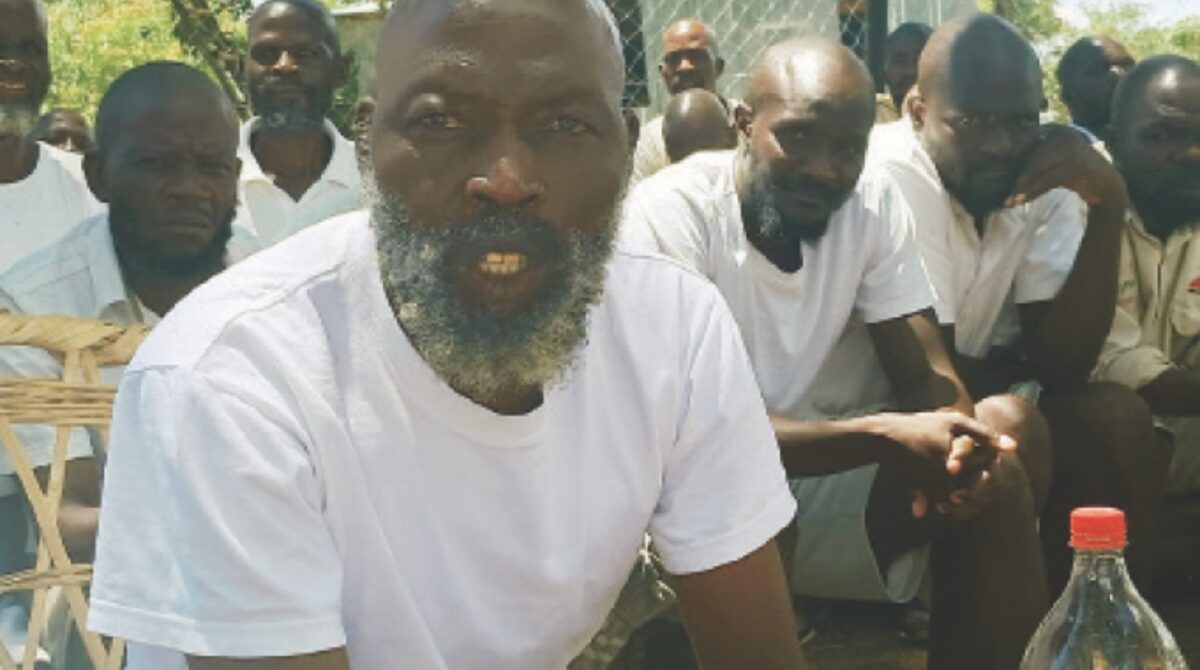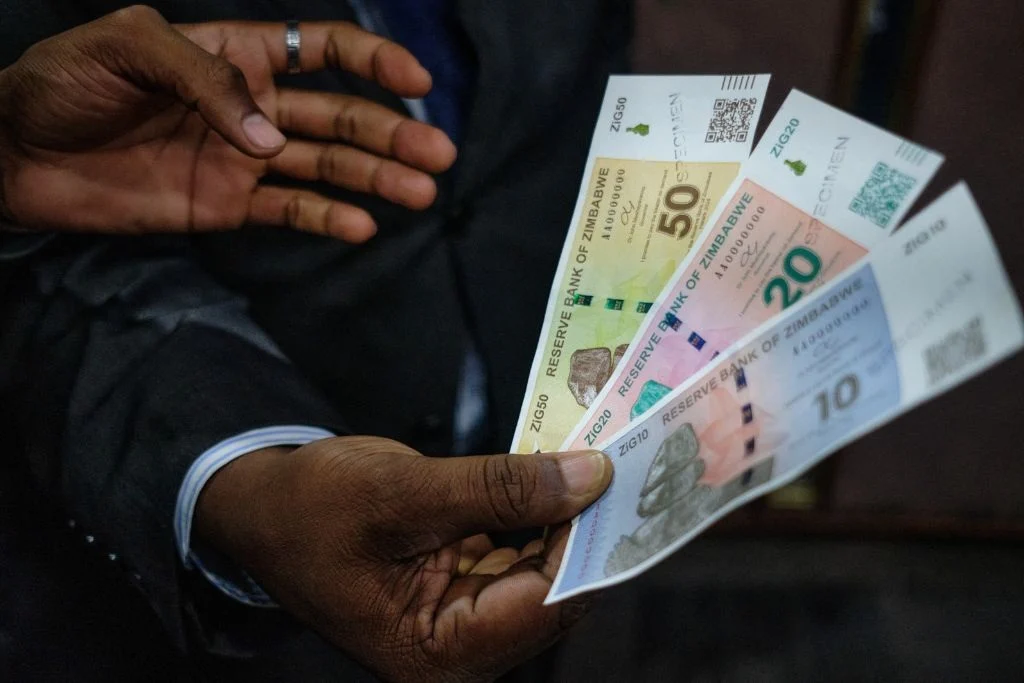HARARE – President Emmerson Mnangagwa’s government is going ahead with the criminalisation of conduct deemed as undermining Zimbabwe’s “national interest” after cabinet on Tuesday approved the Criminal Law (Codification and Reform) Amendment Bill 2022 which incorporates controversial clauses the government previously teased as part of a forthcoming ‘Patriotic Bill.’
Justice, Legal and Parliamentary Affairs minister Ziyambi Ziyambi, who also chairs the Cabinet Committee on Legislation, presented the draft law to his government colleagues Tuesday.
“Cabinet considered and approved the Criminal Law (Codification and Reform) Amendment Bill, 2022, which was presented by the Minister of Justice, Legal and Parliamentary Affairs, Honourable Ziyambi Ziyambi, as Chairman of the Cabinet Committee on Legislation,” Information Minister Monica Mutsvangwa told journalists at a post-cabinet media briefing Tuesday.
“The Criminal Law (Codification and Reform) Amendment Bill, 2022 enhances the provisions of the Criminal Law Code in matters relating to the country’s sovereignty through the criminalization of conduct that undermines Zimbabwe’s sovereignty, dignity, independence and national interests.
“The Bill also provides for a mandatory sentence in rape and murder cases. In addition, it expands the definition of ‘dangerous drugs’ and also amends the elements which form the crime of abuse of public office.”
Ministers and Zanu PF officials have been making threats to criminalise what they deem as unpatriotic conduct, including anyone calling for sanctions on Zimbabwe.
The controversial law has been fiercely opposed by the opposition and civil society.
However, the fangs of the controversial draft law have mysteriously emerged under Criminal Law (Codification and Reform) Amendment Bill.
Critics are up in arms with government for attempts to legislate against conduct deemed unpatriotic amid fears the law would be used as a weapon against ruling party opponents.
The Zanu PF led administration has never relented in accusing opponents in MDC and CCC of deliberately campaigning for western imposed sanctions against the country.
Citizens Coalition for Change deputy leader Tendai Biti said: “The so called Patriotic Bill is no more than a predatory instrument to proscribe alternative views and values. Every true Zimbabwean will protect her country but also has right to protest injustice and abuse. We reject this unconstitutional, desperate fascist law.”
The government maintains that there is nothing controversial about the law, drawing comparisons with the Logan Act in the United States which criminalises negotiation by unauthorised American citizens with foreign governments having a dispute with the United States.
Only two people have ever been indicted on charges of violating the Logan Act, one in 1802 and the other in 1852. Neither was convicted.















